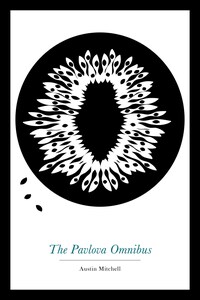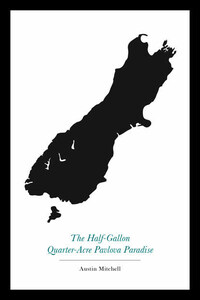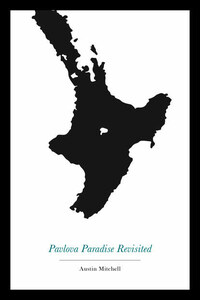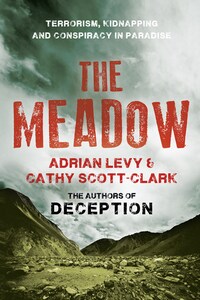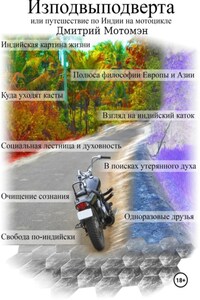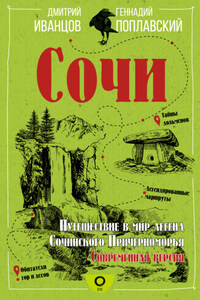Dear Keith,
Good luck in God’s Own Country. He probably wasn’t able to welcome you in person. The Wellington Airport Authority was no doubt a satisfactory stand-in. If he had been there, he’d say the same as I do: you’re a lucky man.
It’s a wonderful country. Not quite paradise—the Labour Party hasn’t been in that long—but probably the best country in the world. Certainly the best in the Southern Hemisphere. Having made this deference to New Zealand sales, I must in all honesty warn you. It’s a funny country. The natives have their own tribal customs and ceremonies. They also have their own susceptibilities. If an Englishman like yourself didn’t find them different to the folks back home in all sorts of endearing little ways the natives couldn’t bear it. Different means better. Let your indulgent smile turn into a laugh—once imply that certain things are better handled in Britain and you’ll get the ritual excommunication: ‘If you don’t like it why don’t you go home?’ Ignorance of the lore is no excuse.

As a country New Zealand has one major preoccupation: New Zealand. The rest of the world ignores it, so it compensates by more and more frantic navel exercises of national belly-button studying. Later you’ll be able to exploit this endearing insecurity for gain, like the other Englishmen there. At the moment you might not know how to handle it. You’ll have met the first manifestation of obsession already, having been asked a thousand times how you like the country; two thousand times if you’ve already left the airport tarmac. This is not designed to elicit information. It is a request for reassurance, encouragement, admiration and all the other things assisted immigrants are brought in to provide.
Above all don’t try to be funny: a psychiatrist might as well heap filthy jokes on patients anxious about impotence. An illustration. When I arrived in New Zealand, the first words of my kindly boss were a warning not to be critical when asked how I liked New Zealand (henceforth referred to as question number one). A reporter arrived for the routine interview with all new university staff (this being Otago, where there is little else to fill the papers). I, being young and anxious to build a reputation as the David Frost of academe, answered question number one by saying that the lavatorial graffiti was at least more literate than in Britain (although cruder). The only thing wrong with New Zealand, I added, was the number of people asking how I liked New Zealand. There duly appeared a photograph of a leering sex maniac almost certainly arrived in Dunedin to form the Otago branch of White Slavers’ International. This headed an article which hinted in scarcely veiled fashion that I had come to New Zealand because of my inability to get a job in Britain. This was, of course, true of all university staff arrivals. It had never before been made explicit, for this was before Mr Muldoon.
You must make the proper replies. An American matron might get away with saying ‘it’s cute’. An Englishman’s response is, ‘It’s a great improvement on where I’ve just come from.’ This will be either Fiji or Australia, but no one will realise. You could also try, ‘Well, it’s a great place to bring up children.’ This does not commit you to any view and has the added advantage of hinting that you will take early steps to make yourself normal (that’s to say as miserable as the rest) by producing progeny. If you’re still single and the predatory New Zealand girls returning home on your plane have not managed to get their claws into you, then this answer gives a subtle indication that you are suitably ashamed of your unnatural single status and are on the look-out for a decent New Zealand girl (i.e. any).
You walk a delicate tightrope, avoiding culture shock without frightening the natives. There is no one to advise you. The great sociological-anthropological machine of the American universities hasn’t yet processed New Zealand, boiling it all down to a book full of tables, every generalisation significant statistically. Nor have the experts who package a country and distil its essence into a few hundred pages, or even a generalisation, plasticised New Zealand. John Gunther didn’t add New Zealand to his volumes on the USA, USSR and the other major powers, and his successor went home after two days. Margaret Mead never lived with the natives in their tin-roofed huts. Raymond Postgate never sampled the Rose Cafe on Lambton Quay, to confer three stars on its Egg on Toast and none on its Egon Ronay. The authors of
